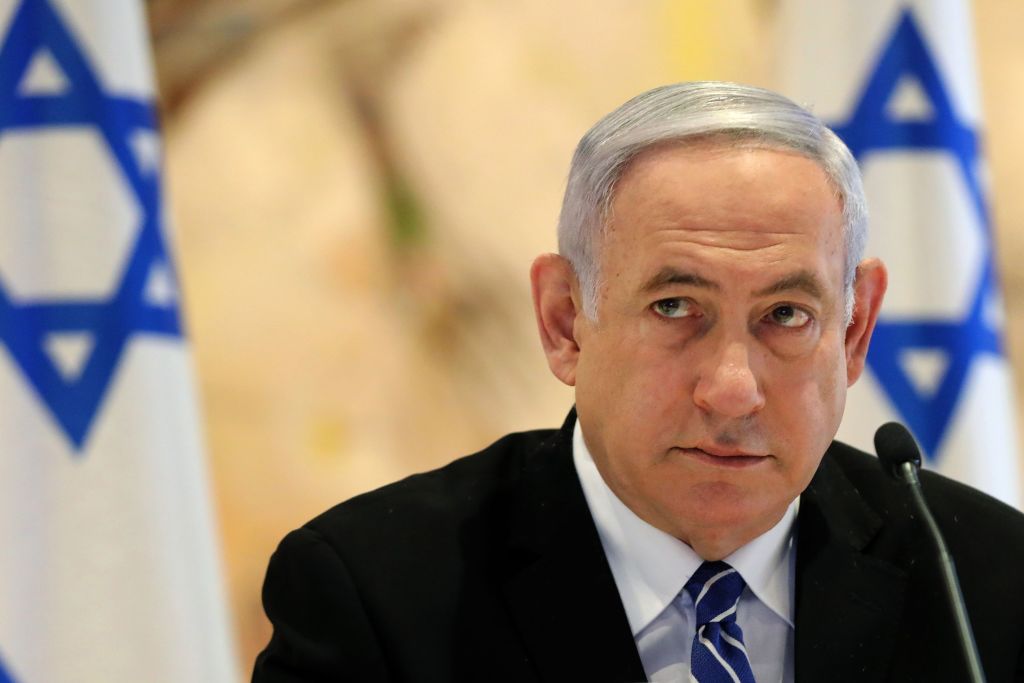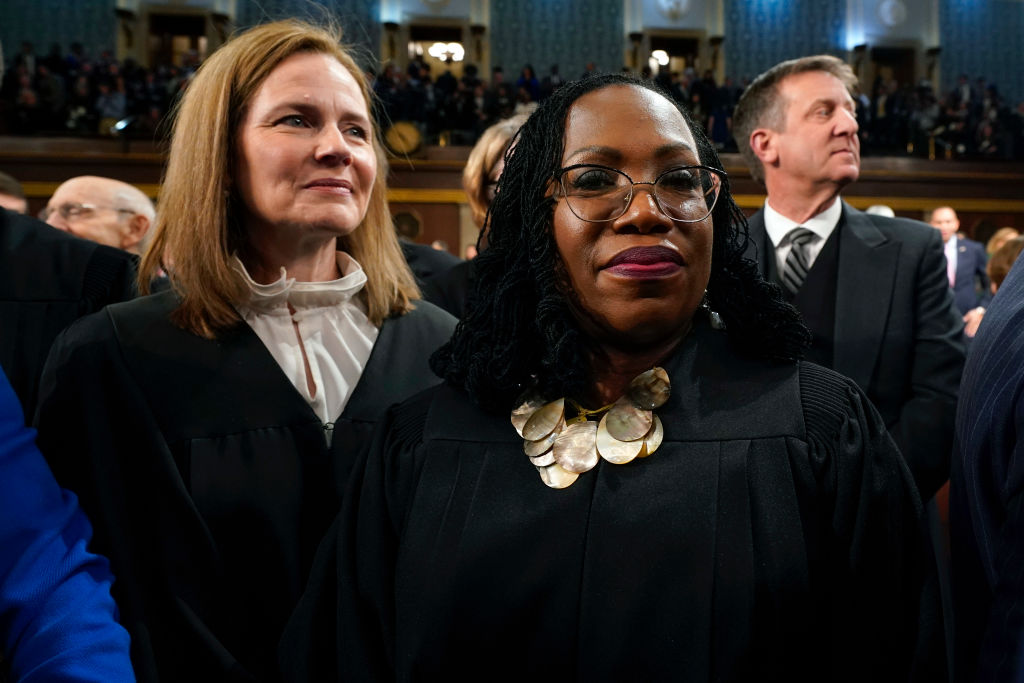Despite recent hyperbole, Israel is not on the verge of authoritarianism. The proposed reforms to the country’s judicial system, which have attracted so much controversy — usually under the assumption that they will turn Benjamin Netanyahu into an Israeli Viktor Orbán — are lacking in historical context.
The Israeli Supreme Court is one of the most activist courts in the world. It has assigned itself more authority and subverted the balance of power between Israel’s different branches of government. It has done all this while at the same time lacking any kind of serious accountability to the electorate.
In 1950, two years after Israel’s founding, the Knesset (parliament) agreed on what is called the Harari Resolution, whereby the state would not adopt a constitution immediately but instead craft one over time. The components of what will eventually become the constitution are called Basic Laws, though as of 2023 Israel has yet to follow through with this plan. The legal status of the Basic Laws is rather nebulous in the sense that they are not yet a true constitution but are also more than just typical legislation. Some have restrictions placed on how they can be amended, and some are very vague and broad. All of these factors play into the problems that Israel’s judicial system faces.
In the absence of a constitution, the Israeli Supreme Court did not immediately acquire the power of judicial review (when the court reviews the validity of laws). Without a constitution to appeal to, there is no higher legal authority against which to judge the validity of laws. This gave the Knesset, at least in theory, parliamentary supremacy.
Yet lately that supremacy has been usurped by the judiciary. Scholars disagree about when exactly the court’s activism began, but by the landmark 1995 ruling in United Mizrahi Bank v. Migdal Cooperative Village, there was no longer any question about the court’s activist turn. This ruling, spearheaded by Supreme Court President Aharon Barak, solidified the court’s ability to exercise judicial review, as the court found the government to have contravened a right established in the 1992 Basic Law: Human Dignity and Liberty. In effect, by judicial fiat, the court elevated the Basic Law from legislation to constitution without any involvement of the legislature or electorate. Barak referred to this as Israel’s “constitutional revolution.”
Two Basic Laws were passed in 1992 — Basic Law: Human Dignity and Liberty and Basic Law: Freedom of Occupation — both of which were a product of the rights jurisprudence of the intellectual elite on the left. This philosophy drove the Court’s activism, as they sought to expand the protected rights of Israelis. The 1992 laws — more guarantees for vaguely defined rights than documents explaining how the government functions — gave wide latitude to the court, effectively enabling it to construe rights as broadly or narrowly as it desired. The Basic Law: Human Dignity and Liberty, for example, declares, “The purpose of this Basic Law is to protect human dignity and liberty, in order to embed the values of the State of Israel as a Jewish and democratic state, in a basic law.” What exactly the values of “a Jewish and democratic state” are is a subject passed on to the court, as they are not specified.
In both Laws, a variant of the following clause was also included: “One is not to violate the rights accorded by this Basic Law save by means of a law that corresponds to the values of the State of Israel, which serves an appropriate purpose, and to an extent that does not exceed what is required, or on the basis of a law, as aforementioned, by force of an explicit authorization therein.”
This provided the basis for the court’s claims to judicial review, as it implies — if the Basic Law is viewed as a constitution — the need to strike down offending laws.
Barak also ushered in an extreme understanding of the “reasonableness doctrine,” whereby the court could strike down administrative actions that it deemed unreasonable. This includes if the action is “fully complying with all legal requirements and resting on uncontested statutory authorization.” The court, however, went even further, effectively claiming jurisdiction over everything. Barak’s legal philosophy, which became largely synonymous with the court itself (and saw support from factions of Israel’s left), was that everything was subject to law and therefore justiciable. Nothing in either the public or private sphere was beyond the scope of the court.
This is a major problem from a separation of powers perspective, but even more so because the court effectively has veto power over who joins its ranks. Unlike in the United States, where the president nominates a candidate and the Senate confirms or rejects him, vacancies on the Israeli court are filled by the Judicial Appointments Committee. This committee is made up of nine members: two members of the Knesset (one of which must be from the opposition), two cabinet ministers, three members of the Supreme Court, and two Israel Bar Association delegates. Originally, only a simple majority was needed to appoint a judge, though in 2008 it was raised to seven of the nine, giving the popularly accountable members of the committee a veto (though the judges also maintain theirs). Yet even with this reform, there is little accountability for Supreme Court members.
Proponents of the current committee selection method say it maintains the court’s independence. That may be true in terms of independence from political actors, but it has resulted in a court that lacks ideological differences, as the judges generally choose from their own milieu.
Activism by the court has also been helped by its very liberal criteria for standing. The size of its caseload is unique as far as supreme courts go (though this is partly due to its large original jurisdiction): it heard and decided around 9,000 cases in 2022, compared to the US Supreme Court’s about 180. Just about anyone can bring a case before the Israeli Supreme Court, from an individual to a group, as standing is broadly defined to include any harm from a government policy or action — or inaction — against the petitioner or the public. One need not be personally harmed by the government to take a case to the court.
There are cases when the US Supreme Court has overstepped its bounds, but the Israeli Supreme Court is on another level. And this is critical to understanding the reform proposals. Netanyahu is right that the Supreme Court’s powers need to be brought within acceptable democratic bounds. As will be made clear in an upcoming companion article, though, the government’s proposals are far from perfect.

























